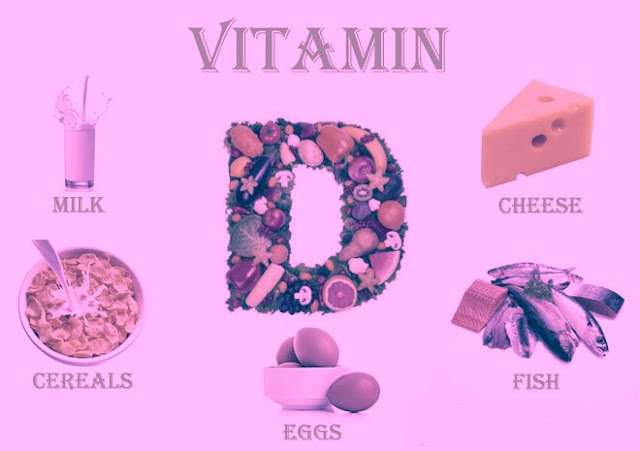Vitamin D deficiency can cause excess belly fat ?
Low levels of vitamin D, the so-called sunshine vitamin, are now linked to a host of health conditions, including obesity, heart disease, cancer. Studies have shown that vitamin D deficiency can cause weight gain and result in excess belly fat. In fact, several studies investigating the effects of vitamin D on weight loss suggested that it could suppress the storage of fat cells and effectively reduce the fat accumulation in the body.
Also Read :
signs and symptoms of vitamin Ddeficiency
why vitamin D essential for us:
Vitamin D is an important micronutrient your body needs to stay healthy. It helps the body absorb calcium and phosphorus, which are essential for strong bones. Vitamin D is necessary for keeping your immune system healthy.Researchers found that abdominal fat was associated with lower vitamin D levels in both men and women. Studies have shown that individuals with higher levels of vitamin D have a lower risk of disease and addressing the deficiency issue could have a huge impact on health. In a latest, vitamin deficiency from birth to early childhood is linked to an increased risk of high blood pressure in later childhood and adolescence.
How does vitamin D help for weight loss?
Studies suggest that vitamin D could enhance weight loss by potentially reducing the formation of fat cells in the body. It can also increase the levels of serotonin and testosterone. Research has shown that serotonin - a neurotransmitter - may help increase satiety, which can decrease calorie intake and reduce body weight. Similarly, higher levels of testosterone - a hormone produced by the human body - have been linked to a lower body fat percentage and long-term Weightloss
A 2011 study found that men who took vitamin D supplements for one year experienced greater increases in testosterone levels than those who took a placebo.
 How to increase your vitamin D levels and boost your weight loss
How to increase your vitamin D levels and boost your weight lossWhile sunlight is the best source of vitamin D, you can increase your vitamin D levels by taking vitamin-rich foods and supplements. Yet most doctors recommend taking a supplement or getting at least 5-30 minutes of daily sun exposure since only a few foods contain this vitamin. Remember, vitamin D is a fat-soluble vitamin, meaning your body stores it in fat, hence, too much of it can be toxic. So, take only the prescribed dose. Also, consider the following tips to boost your health and prevent weight gain.
How to find vitamin D deficiency :
Watch out for symptoms associated with vitamin D deficiency- such as weight gain, muscle pain and weakness, bone pain, fatigue, hair loss, moods changes, depression, etc.
If your vitamin D levels are below normal, discuss your problems with your doctor and follow his/her treatment instructions.
See if your treatment is helping you drop a few pounds. Take note that vitamin D cannot be used as a diet aid, but a deficiency of this micronutrient can cause excess fat, especially around the waist. So, increasing vitamin D levels can help you Weightloss.
Adopt a healthy lifestyle, which includes eating a healthy diet and exercising regularly. The fact is that taking vitamin D alone won’t help if you continue to eat unhealthy and lead a sedentary life. Treatment along with lifestyle changes will not only improve your vitamin D levels and aid weight loss but will also boost your overall health.
Disclaimer: Tips and suggestions mentioned in the article are for general information purpose only and should not be construed as professional medical advice. Always consult your doctor or a dietician before starting any fitness programme or making any changes to your diet.











